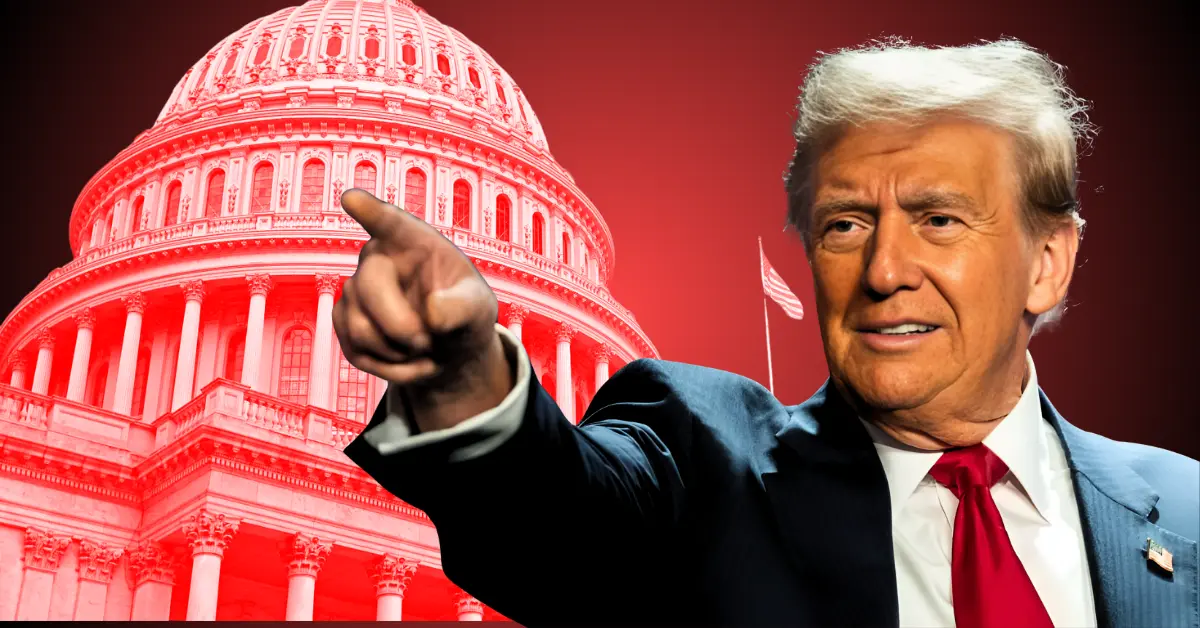The Unexpected Alliance: Geopolitics, Crypto, and Trump in Pakistan
The recent meeting between former US President Donald Trump and Pakistan’s Army Chief, General Syed Asim Munir, sent ripples through the international community. Far from a simple diplomatic exchange, this encounter has become entangled with a controversial cryptocurrency deal involving a company allegedly linked to the Trump family. What appears to be a thawing of relations after a 15-year chill is, in reality, a complex fusion of business, diplomacy, and national security concerns that demands careful examination.
A Diplomatic Overture with a Questionable Foundation
The invitation to General Munir signifies a notable shift in US-Pakistan relations. Historically, interactions between Pakistani military leaders and US presidents—think Zia-ul-Haq and Pervez Musharraf—have held significant weight. This meeting, amidst the backdrop of global instability, including the ever-present tension between Iran and Israel, adds another layer of intrigue. While the stated agenda likely encompasses crucial issues like regional security, counter-terrorism collaboration, and overall bilateral ties, the specter of the cryptocurrency deal suggests a potentially lucrative commercial undercurrent driving the discussions. This isn’t just about diplomacy; it’s potentially about dollars and deals.
Decoding the Cryptocurrency Agreement
The saga’s focal point is an agreement between World Liberty Financial (WLF), a US-based fintech firm reportedly with a substantial (around 60%) stake held by the Trump family, and the newly formed Pakistan Crypto Council (PCC). This Letter of Intent, formalized in April 2024, sets the stage for expanding blockchain technology, encouraging stablecoin adoption, and integrating Decentralized Finance (DeFi) into Pakistan’s financial ecosystem. The PCC touts this deal as a transformative step towards establishing Pakistan as a global digital finance leader, primed to capitalize on its rapidly growing cryptocurrency market.
The circumstances surrounding this deal are particularly noteworthy. General Munir’s direct involvement in welcoming a US delegation with ties to Trump during the signing ceremony is a red flag. The active engagement of the Army Chief, a figure wielding immense power within Pakistan, begs the question: to what extent does this deal represent state endorsement, and what are the strategic implications? The timing of this endorsement, occurring shortly after the Pahalgam attack, only amplifies existing unease and suspicions.
Regional Power Plays and Global Scrutiny
The potential alliance between Trump and Pakistan, facilitated by this cryptocurrency deal, has caught the attention of key regional stakeholders, most notably India. Prime Minister Narendra Modi’s reported discussions with Trump regarding Operation Sindhu highlight India’s firm stance against terrorism and rejection of external mediation attempts. The perceived alignment between Trump and Pakistan, viewed through the prism of this cryptocurrency venture, has understandably triggered concerns in New Delhi, injecting further complexity into an already delicate geopolitical landscape.
Beyond the immediate region, the deal has sparked global concern. The involvement of a US firm with ties to a former president in a significant financial undertaking in Pakistan, especially within the largely unregulated cryptocurrency sector, raises red flags. Transparency is a major issue. The potential for facilitating money laundering and circumventing international sanctions is a real danger. Analysts suggest the deal could serve as a catalyst for broader talks surrounding critical minerals and counterterrorism efforts, but the underlying commercial interests are impossible to ignore.
Unraveling the Motivations: Speculation Abounds
The convergence of these events has triggered various hypotheses, each attempting to shed light on the underlying motivations. One theory suggests the cryptocurrency deal represents an attempt to revitalize Pakistan’s economy, opening new avenues for foreign investment and potentially bypassing traditional financial constraints. Another posits the deal as a strategic maneuver by the Trump family to capitalize on Pakistan’s burgeoning cryptocurrency market, leveraging political connections to gain a foothold in a potentially lucrative sector.
A more cynical interpretation suggests that the deal serves as a form of political maneuvering. Trump might be signaling a willingness to engage with Pakistan in exchange for favorable business terms or political concessions. Hints of Trump potentially mediating the Kashmir dispute further fuel this speculation. The potential for this deal to sway future US policy towards Pakistan, particularly regarding counterterrorism and regional security, cannot be dismissed. Is this about business, or something far more significant?
Beyond the Bitcoin Buzz: Redefining the Relationship?
While the cryptocurrency deal grabs headlines, it likely represents a broader attempt to recalibrate US-Pakistan relations. The meeting between Trump and Munir presents a crucial opportunity to address pressing issues like regional stability, counterterrorism cooperation, and the evolving geopolitical dynamics of South Asia. Discussions surrounding critical minerals hint at a potential US interest in securing access to resources essential for emerging technologies.
However, the cryptocurrency deal casts a long shadow, raising legitimate questions about the motives behind this renewed engagement and the potential consequences for regional stability and adherence to international norms. The absence of a publicly available agenda for the meeting only heightens the sense of uncertainty and intrigue. What cards are being played behind closed doors?
Charting a Course: Navigating the Uncertainties Ahead
The interaction between Trump and Munir, and the controversial cryptocurrency deal at its core, underscores a complex interplay of geopolitical strategy, commercial ambitions, and inherent risks. Navigating this intricate landscape demands careful scrutiny and a deep understanding of the motivations driving each party involved. The long-term repercussions of this engagement remain uncertain. The confluence of digital finance and international relations highlights the urgent need for heightened transparency and accountability in similar types of transactions. The ultimate litmus test is ensuring that such endeavors align with broader national security objectives and contribute to regional stability. Maintaining a delicate balance between economic opportunity and geopolitical risks will be crucial in shaping the future of this evolving dynamic.











